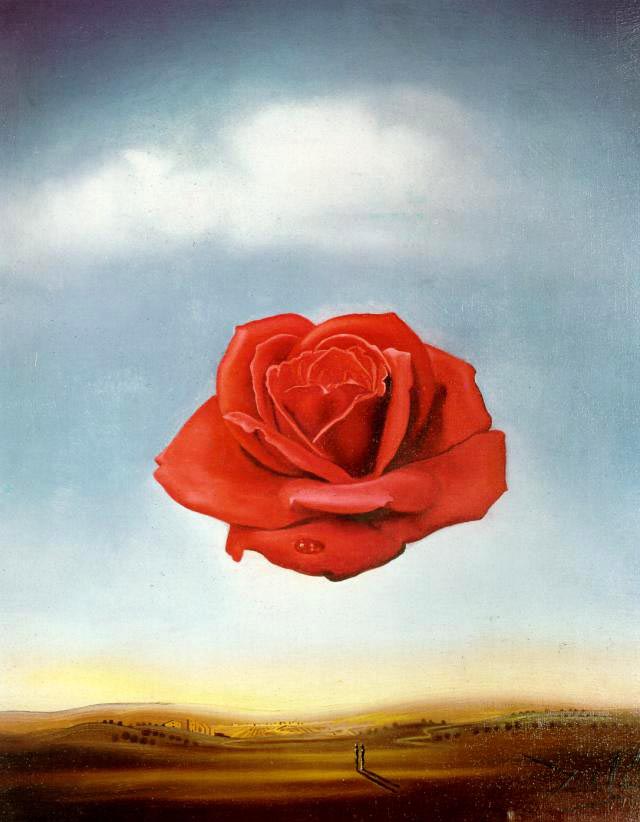Los cómplices
Te decía en la carta
que juntar cuatro versos
no era tener el pasaporte a la
felicidad
timbrado en el bolsillo,
y otras cosas más o menos serias
como dándote a entender
que desde antiguamente soy tu cómplice
cuando bajas a los arsenales de la
noche
y pones toda tu alma
y la respiración
perfectamente controlada,
por mantener en pie tus rebeliones
tus milicias secretas
a costa de ese tiempo perdido
en comerte las uñas, en mantener a raya
tus palpitaciones,
en golpearte el pecho por los
malos sueños,
y no sé cuántas cosas más
que, francamente, te gastan la salud
cuando en el fondo
sabes que estoy contigo
aunque no te vea
ni tome desayuno en tu mesa
ni mi cabeza amanezca en tu pecho
como un niño con frío,
y eso
no necesita escribirse.

















